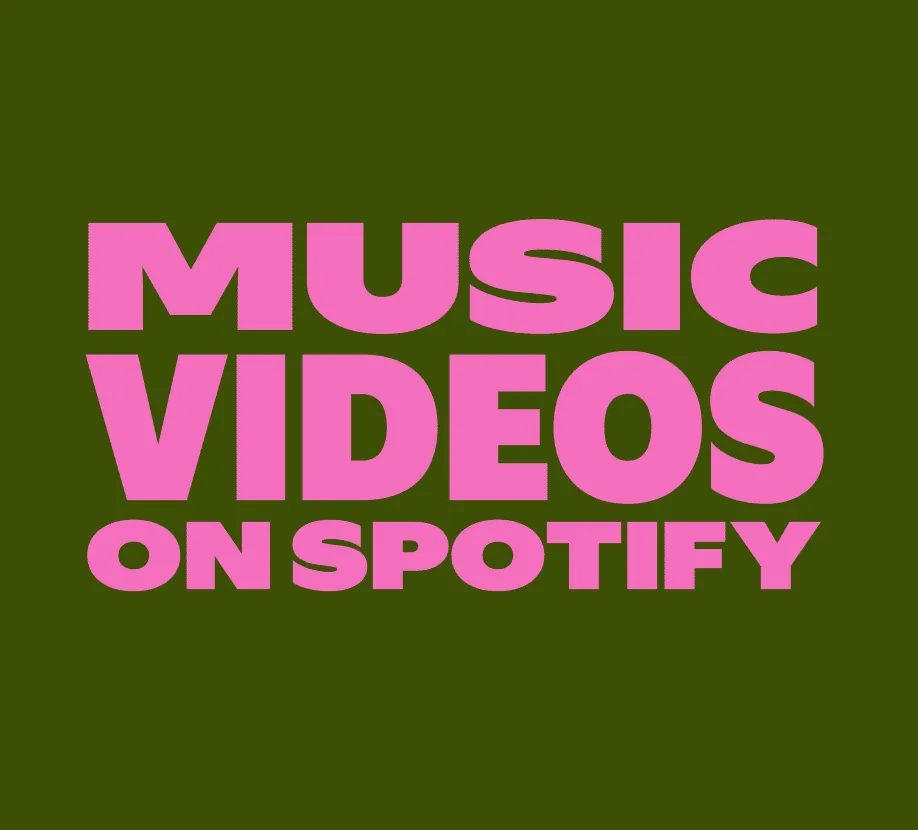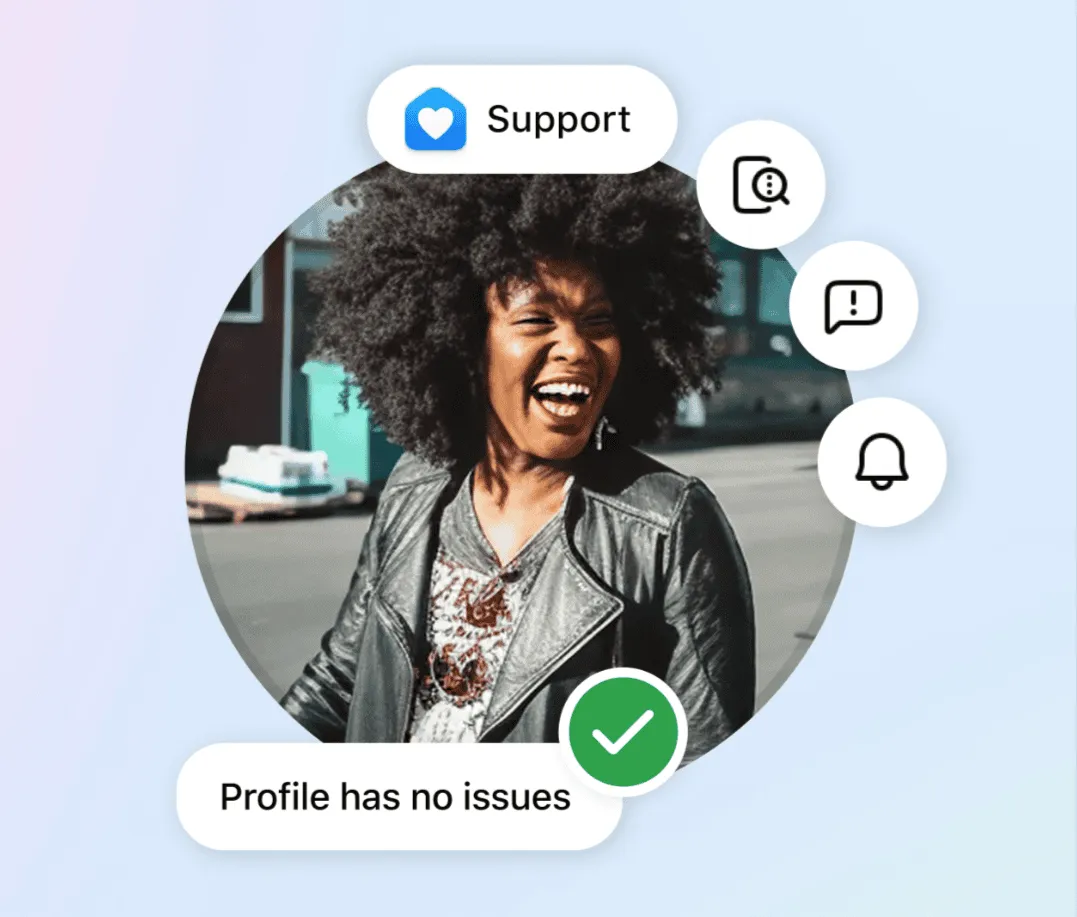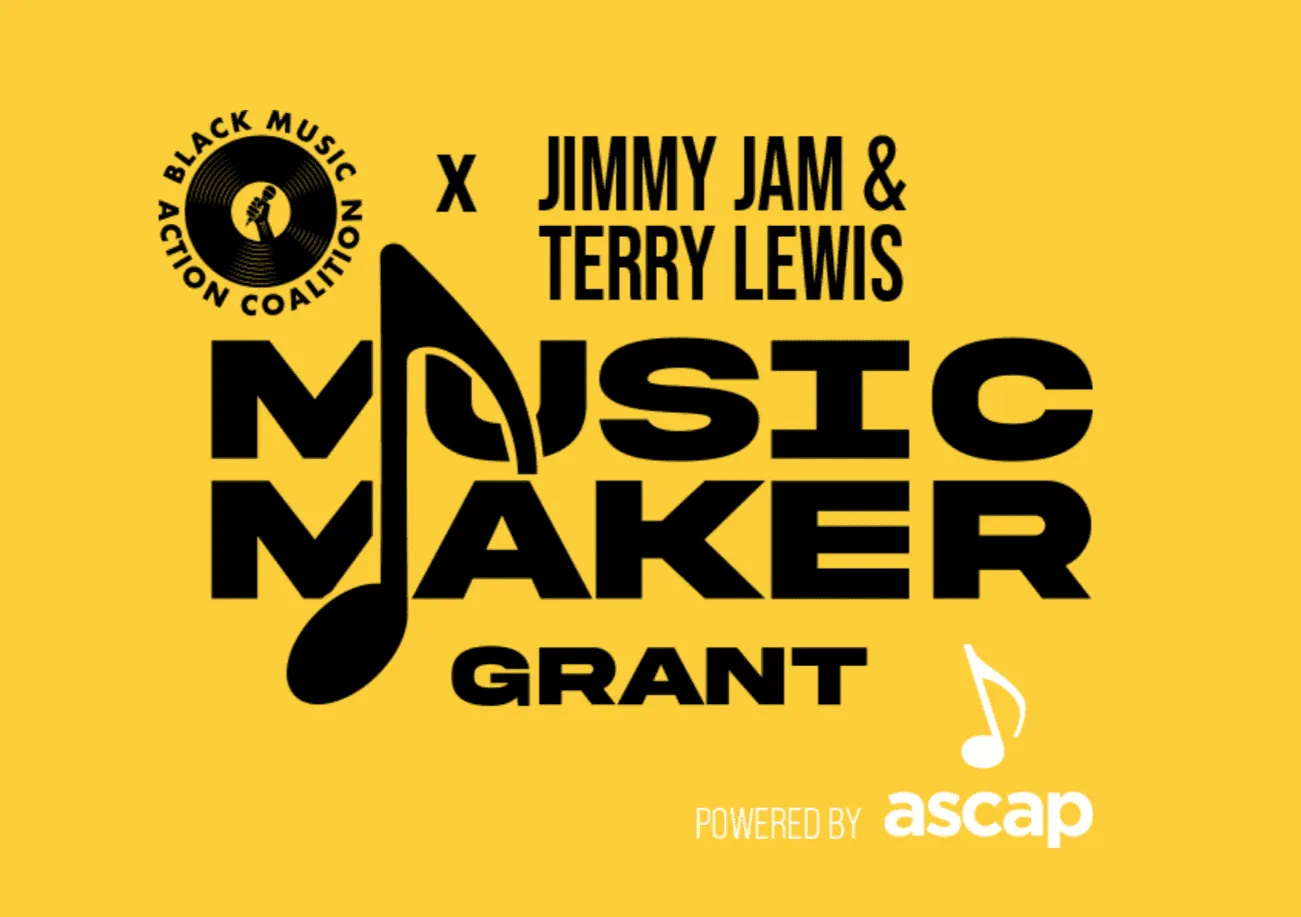This guest essay is written by Robbert van Ooijen. He recently graduated on online music and music piracy at the master New Media & Digital Culture at the Dutch University of Utrecht. Van Ooijen also blogs at HaveYouHeard.It.
Last Tuesday, ARS Technica reported about the US government’s upcoming list of the world’s “notorious markets” for copyright infringement and counterfeiting, compiled from rightsholder complaints. While the odds of calling out the world’s most notorious markets is further discussed on ARS Technica, the upcoming watchlist of disreputable services is something to keep an eye on for entrepreneurs, online services, and maybe even the entertainment industry itself. Not because it will list possible no-go areas, but because the list can function as a valuable source for innovation. Let’s learn from piracy.
When we talk about piracy practices we often just look at the negative sides to it. Most of the time it is presented as stealing, as being in conflict with existing laws, or it is depicted as unfair competition. In the recent Gallo-report that was adopted by the European Parliament it was even stated that continued intellectual property infringement, often referred to as piracy, will lead to a fade-out of innovation. While this is one way to look at it, this post aims to illuminate another side of piracy and shows that it can also be regarded as useful source for market insight, a creator of new markets, and an inducement for innovation.
The term piracy often refers to the unauthorized reproduction of copyrighted or patented information such as music, software, and movies. Therefore, most of the time piracy has the connotation of stealing and is looked upon as an unethical practice. Because of this negative connotation, piracy at first sight seems to have little to do with legitimate business. However, taking a closer look at piracy practices throughout history reveals that piracy has had a profound impact on the emergence of new business models, technology, and innovation. Look for example at how the English radio pirates in the 1960s helped to establish English pop radio.
In the stacks of books, articles, and reports that have been written about piracy however, little can be found about the positive aspects of piracy. The insights of David Y. Choi and Adrian Johns on which the following is based, therefore provide a refreshing vision on the innovative forces of piracy. Without engaging in the moral discussion on piracy, we can also ask the question: what can be learned from piracy?
Piracy can be a useful source for market insight
To start with, piracy practices can be used as a source for market insights. The most famous online music example of this probably is Napster. When looking at its impact in the history of music piracy, it seems as if you can speak of a period before Napster and a period after Napster. This has a reason. The P2P file sharing service revealed the massive demand for online, digital music. It proved that there was a desire to have access to digital high quality recordings, a wide selection of music, and a service that was easy to use. Something that the hardly existent legal services at that time didn’t offer. Napster turned out to be a valuable source to get insight in the potential market for online music and revealed the desires of the music consumer.
Another example is the success of paid Usenet groups, that will undoubtedly appear on the notorious markets list. The characteristics of these newsgroups can also function as source of market insight. The groups provide quick access to a service that has a wide selection of entertainment products. In this business model, people pay for the service rather than for separate products. The business models of Spotify and MOG that are also based on paying for a service rather than for separate entertainment products show that this pirate based business model can also be applied in a legal context.
Piracy helps in creating new markets
Napster not only was a valuable source to find out the desires of the music consumer, but the service also helped in establishing a new market for online music. This market that emerged did not only consist of comparable illegal services such as KaZaA, but also contained legal services that could use the insights that were provided and the market that was established by Napster. The most famous legal example of this probably was the iTunes Music Store that after its successful launch in 2003 proved that people were also willing to pay for music online.
The initial legal struggles of user generated content sites such as YouTube are another example of how semi-legal services helped to establish a new market. In this case the illegally uploaded music videos helped to the consumer to get used to listen to music online instead of having to download it to a hard drive. Streaming content instead of downloading it is already becoming a common activity that is being offered by lots of legal services. Piracy can form an inducement for legal, innovative business models.
Finally, practices and services that are depicted as piracy can eventually evolve into legitimate businesses themselves. Napster tried to accomplish this but eventually failed to establish a successful legal service. YouTube initially had struggles with pirated clips but eventually closed a deal with royalty collecting societies and music labels. Another example is Grooveshark. This streaming music platform has often been described as a pirate service but is trying to make the transition from an semi-legal service to a legitimate one.
These examples show that pirate services can also be viewed as an engine for innovation. If piracy practices are regarded as a source of innovation rather than as a solely negative thing then entrepreneurs, politics, and the entertainment industry can all benefit from piracy cultures. What can the upcoming list of notorious markets teach the entertainment industry?




